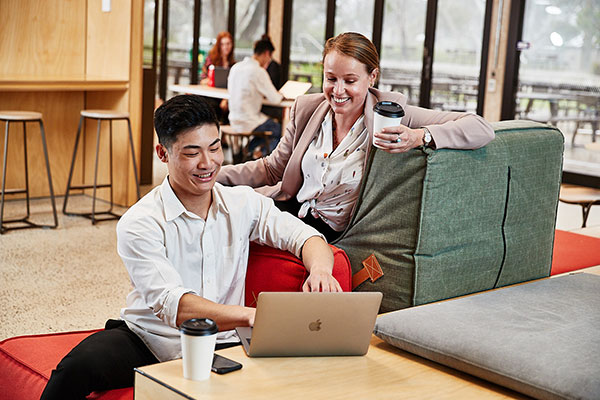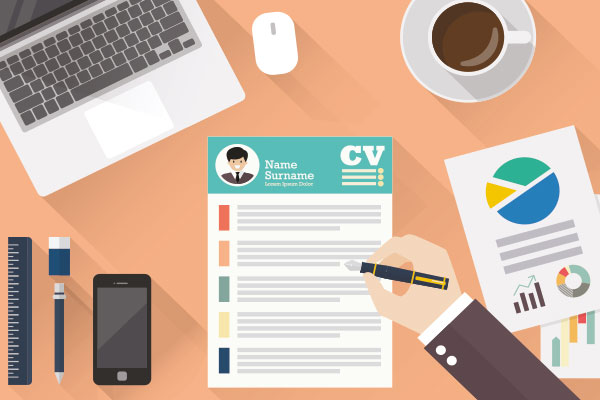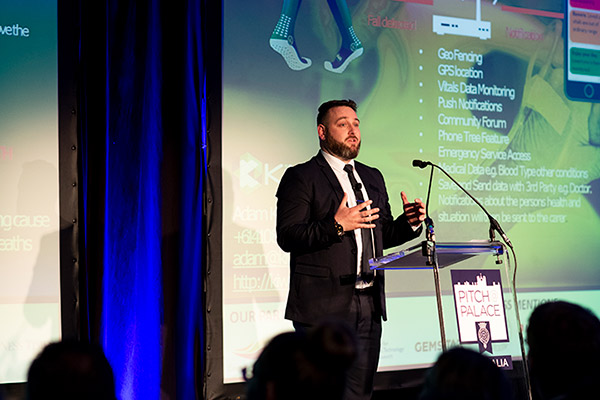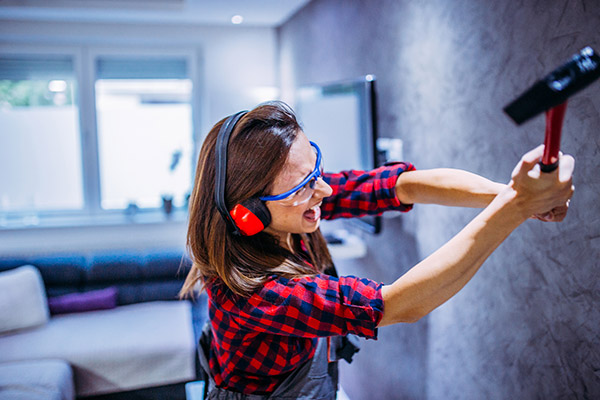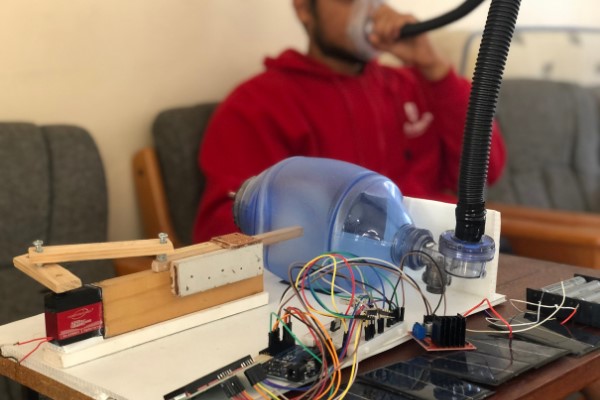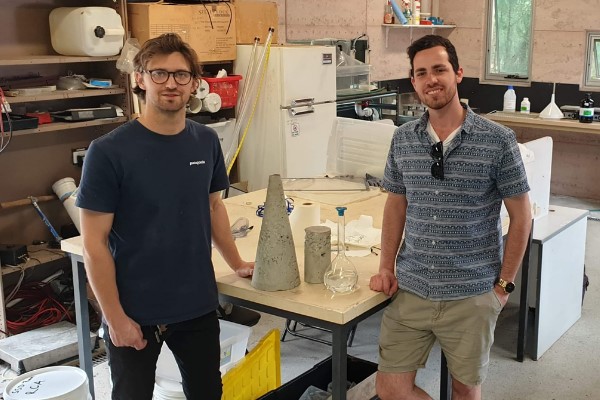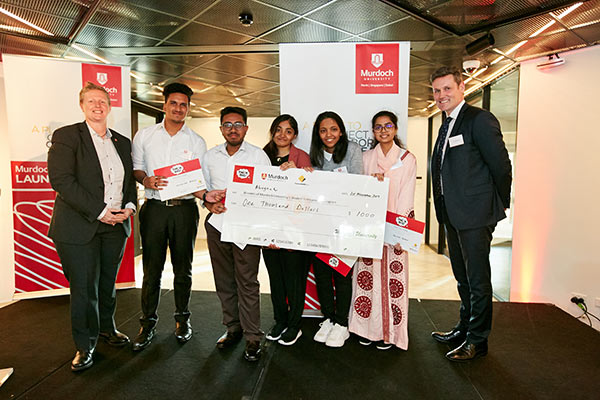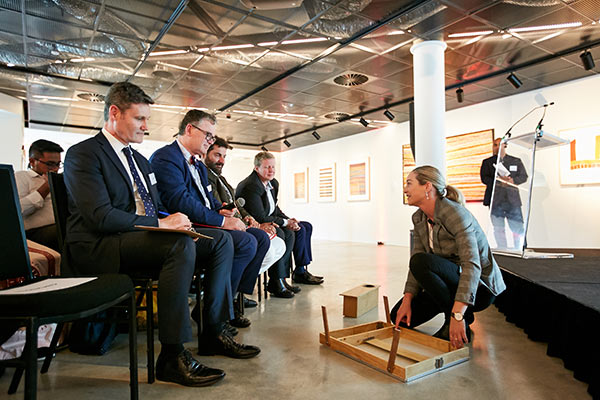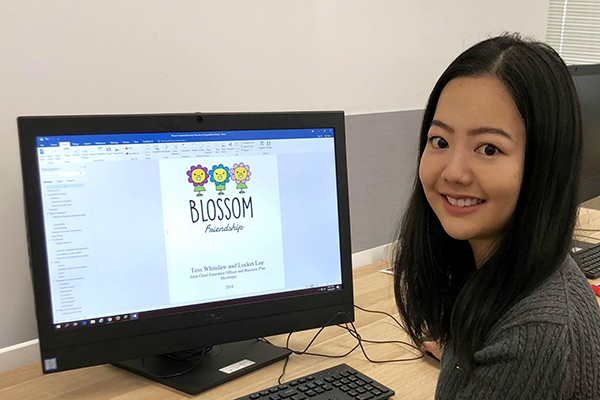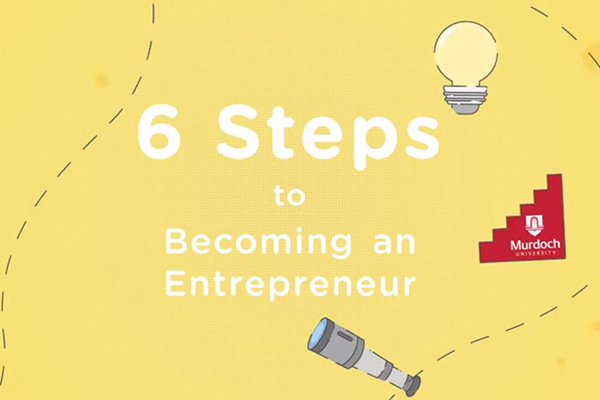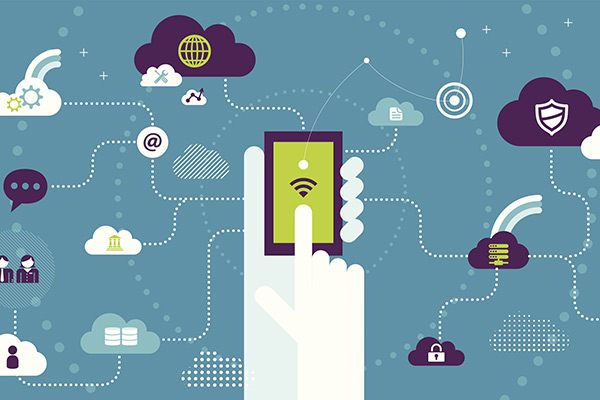
As human resource management becomes more reliant on virtual reality, there's speculation VR could even replace the HR function altogether. But the advancement of VR doesn't mean HR is at risk of losing the human touch. In fact, the opposite is true.
While the early application for VR in a HR setting has focused on recruitment, the real opportunity is how it can help shape the skills of the next generation of HR professionals. One way it’s happening is with fully immersive simulation learning and practise techniques.Simulation techniques for HR
Simulation technology has been widely used in industries like airlines and the defence force for decades. Now, simulations are helping HR professionals improve their skills in a way traditional role-playing never could.Technology such as virtual tours, 360 degree videos and on-demand digital video interviews have become common forms of VR technology. Avatars can even be used to represent people, with professional actors working behind the scenes to simulate real-life situations.
VR allows HR employees to practise difficult scenarios with a variety of personalities, and dial the drama up or down in each interaction. This gives each employee the ability to push boundaries and develop skills with no risk or consequences. Even the stickiest problems or most difficult personalities can be simulated to ensure HR employees are fully capable of managing the worst situations before they occur.
Antonia Girardi, Associate Professor at the School of Business and Governance at Murdoch University, says practical experience is vital for developing a skilled workforce. “Humans are at the core of HR, interpersonal relationships and relationship management,” she says, “but we can use technology for good to practise talking with each other.”
Managing a global workforce
VR is also a key way for HR departments to successfully manage cross-cultural teams and provide culturally sensitive training. Simulation avatars can be created for different groups, allowing HR professionals the opportunity to learn and practise how to deal with issues like pay, performance expectations and even different opinions about gender roles.
Simulations also play a role within areas where HR employees work in regional or remote communities and often have a hard time accessing professional development. VR makes this easier and saves the time and expense normally incurred by business travel.
Empathy: The real benefit to VR in HR
In every case, VR is helping to create more empathetic HR teams. By increasing capability through simulated learning, HR professionals increase their confidence when dealing with difficult situations or new challenges such as employees in different cultures and locations. This, in turn, leads to better outcomes for the individuals and the organisations where they work.
How you can learn more
Murdoch is the first university in Australia to offer SimLab technology, an immersive VR platform where you can experience difficult situations to practise and improve the way you handle them, in a safe learning environment.
Beginning next year, HR students will use SimLab to practise their skills with avatars and gain experience managing difficult scenarios before entering the workplace.
